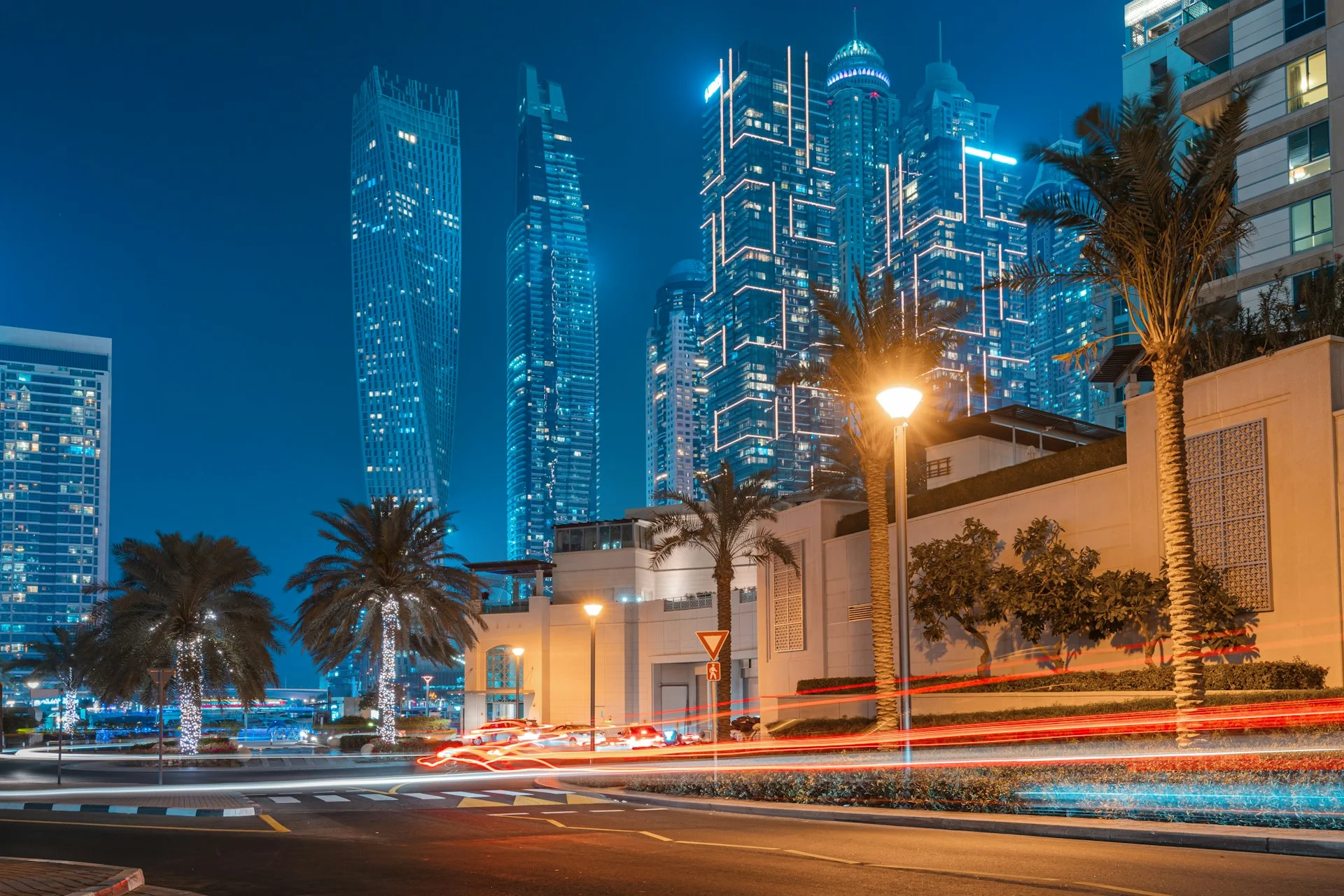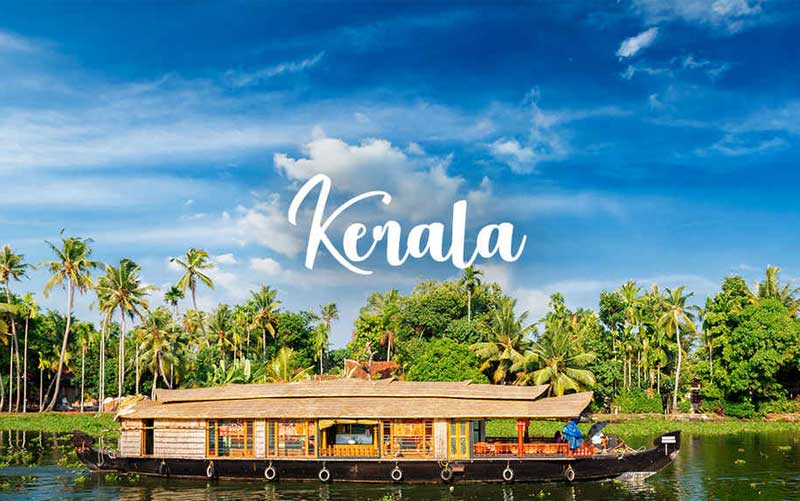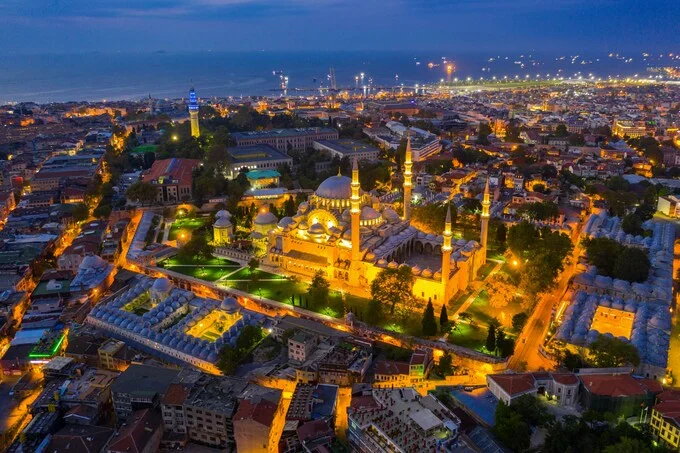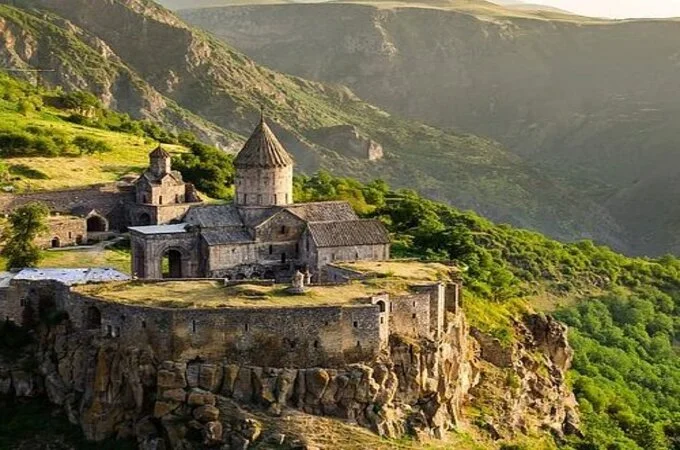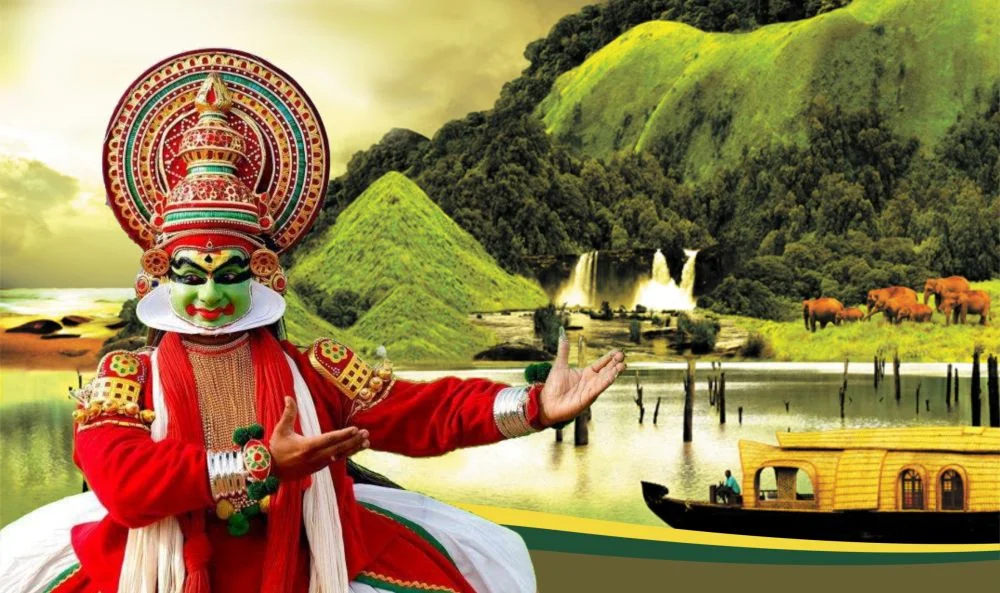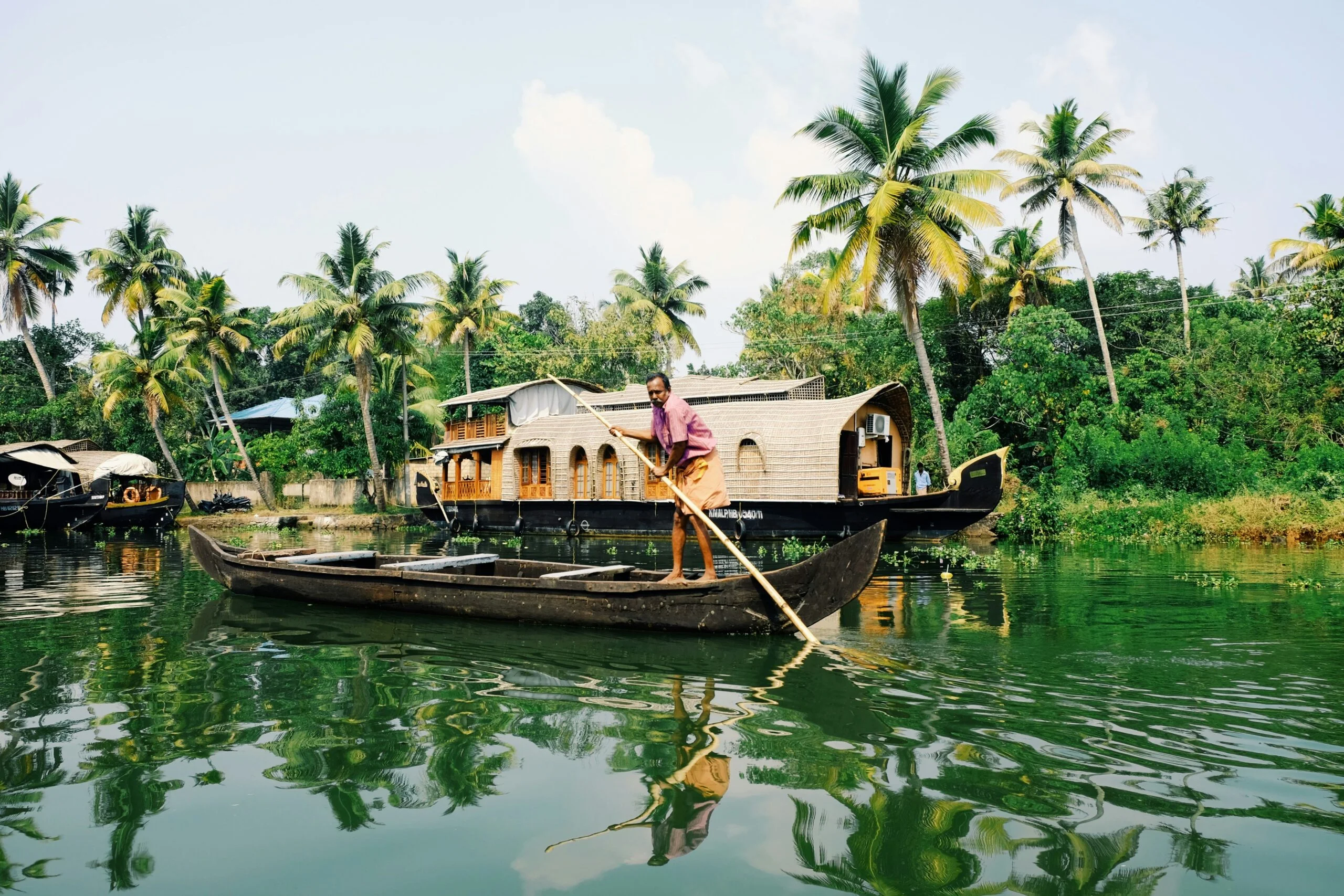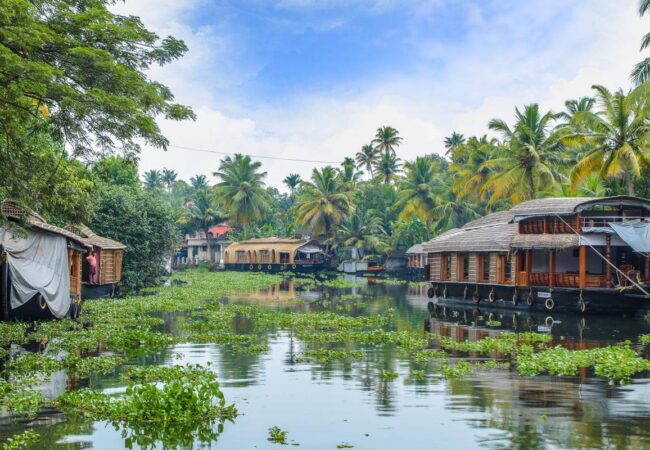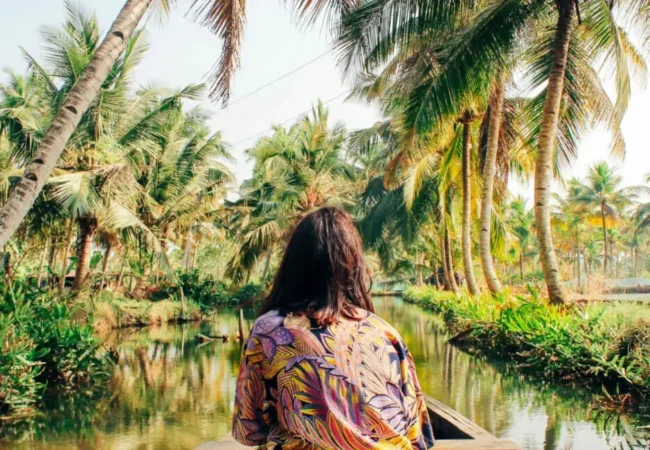
Kerala: The Enchanting Land of God’s Own Country
Kerala, often referred to as “God’s Own Country,” is a state located on the southwestern coast of India. Renowned for its lush landscapes, rich cultural heritage, and progressive social policies, Kerala stands as a unique gem in the Indian subcontinent. This essay delves into Kerala’s geographical features, cultural heritage, economic developments, and social progress, showcasing why it is celebrated as a premier destination and a model of holistic development.
Kerala is distinguished by its diverse geographical features, which contribute to its unique charm. The state is bordered by the Arabian Sea to the west and the Western Ghats to the east, creating a rich tapestry of natural beauty. The coastline is dotted with serene backwaters and pristine beaches, such as Kovalam and Varkala, which attract tourists from around the globe. The Western Ghats, a UNESCO World Heritage Site, are home to lush rainforests, tea plantations, and diverse wildlife, adding to the state’s ecological significance. The intricate network of rivers, including the Periyar and the Kabini, further enhances the state’s scenic allure.


Kerala, with its breathtaking landscapes, rich cultural heritage, and impressive social and economic achievements, embodies the essence of “God’s Own Country.” The state’s ability to harmoniously blend tradition with modernity, its commitment to social progress, and its role as a leading destination for tourism and economic development make it a remarkable place on the global stage. As Kerala continues to evolve, it remains a beacon of sustainable development and cultural richness, inspiring admiration and respect from around the world.


